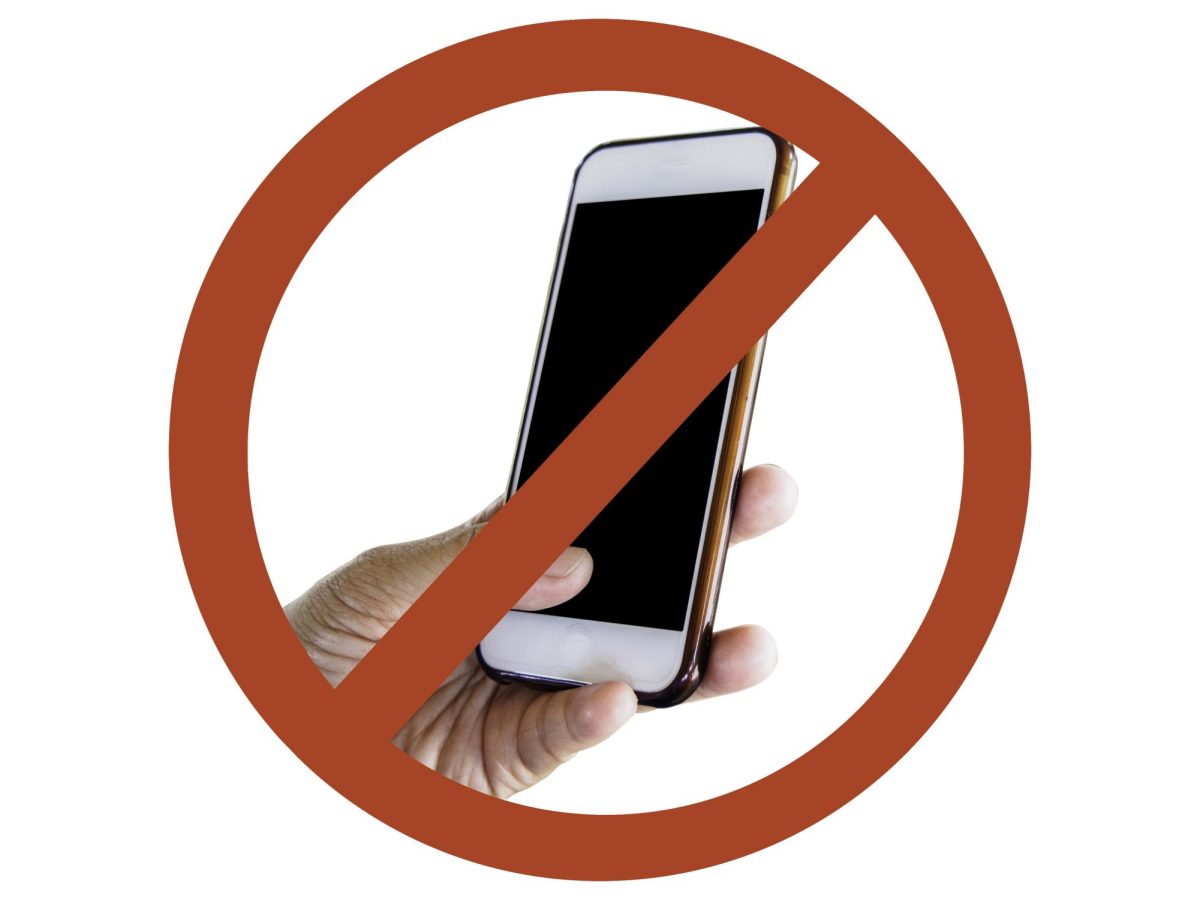
Photo Courtesy of Education Corner
Numerous colleges across the country have opted out of their requirement for students to submit a standardized testing score. It all came to a stop following the pandemic as many wanted to reduce student worries as studies had shown “health concerns and other logistics” related to stress that came with test-taking. However, new research provides a changing outlook on just how these tests not only display student’s resumes but also their wealth.
Data from Harvard-based organization Opportunity Insights showcased the varying scores from children who came from lower-income families that scored “disproportionately lower” compared to their wealthier peers. Students from families in the top 20% of earners were more likely to get scores over 1300 contrary to students whose families were in the lower 20%. Furthermore, the same students in the lower threshold were more likely to not take the SAT or the ACT at all.
USC Professor of Sociology and social policy Dr. Ann Lauren Owens believes that “by the time we get to testing, it’s the culmination of 18 years of lots of different sources of inequality in our society.”
The Washington Post released an article regarding multiple charts that showed a discrepancy in scores, showcasing that “SAT scores are highly correlated in income….students from educated families do better….certain ethnicities do better compared to others….and taking the PSAT once or twice leads to a higher score.”

On the other side of the argument, David Leonhardt of The New York Times recently published a piece claiming “test scores are more reliable” because of the recent “grade inflation.”
Stuart Schmill, Dean of admissions at MIT believes, “just getting straight A’s is not enough information for us to know whether the students are going to succeed or not.”
Furthermore, Leonhardt argues that there is evidence showing “standardized tests can contribute to both excellence and diversity so long as they are used as only one factor in admissions.”
Many schools now are leaving the option up to students, allowing them the choice to submit or not to send their scores.














